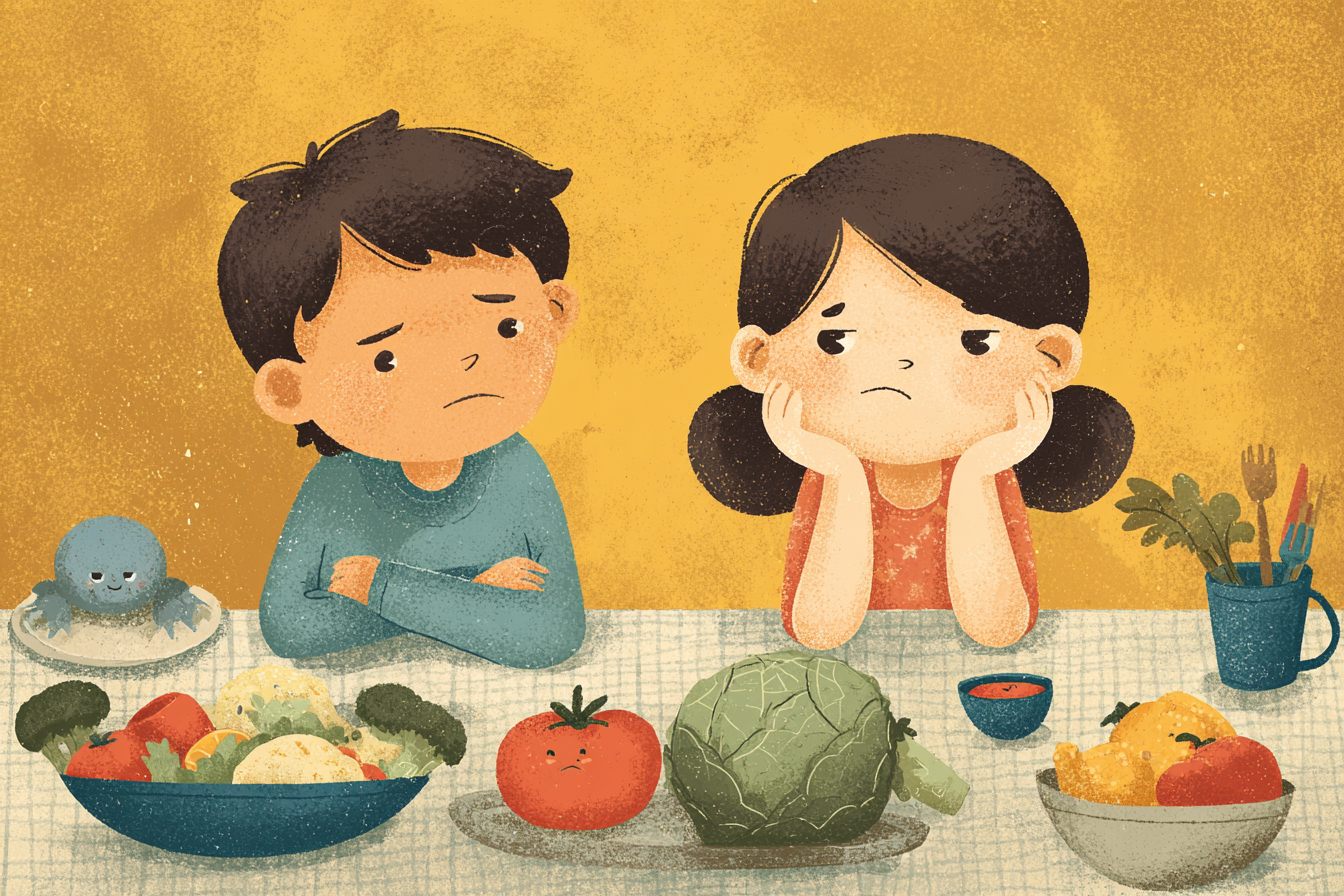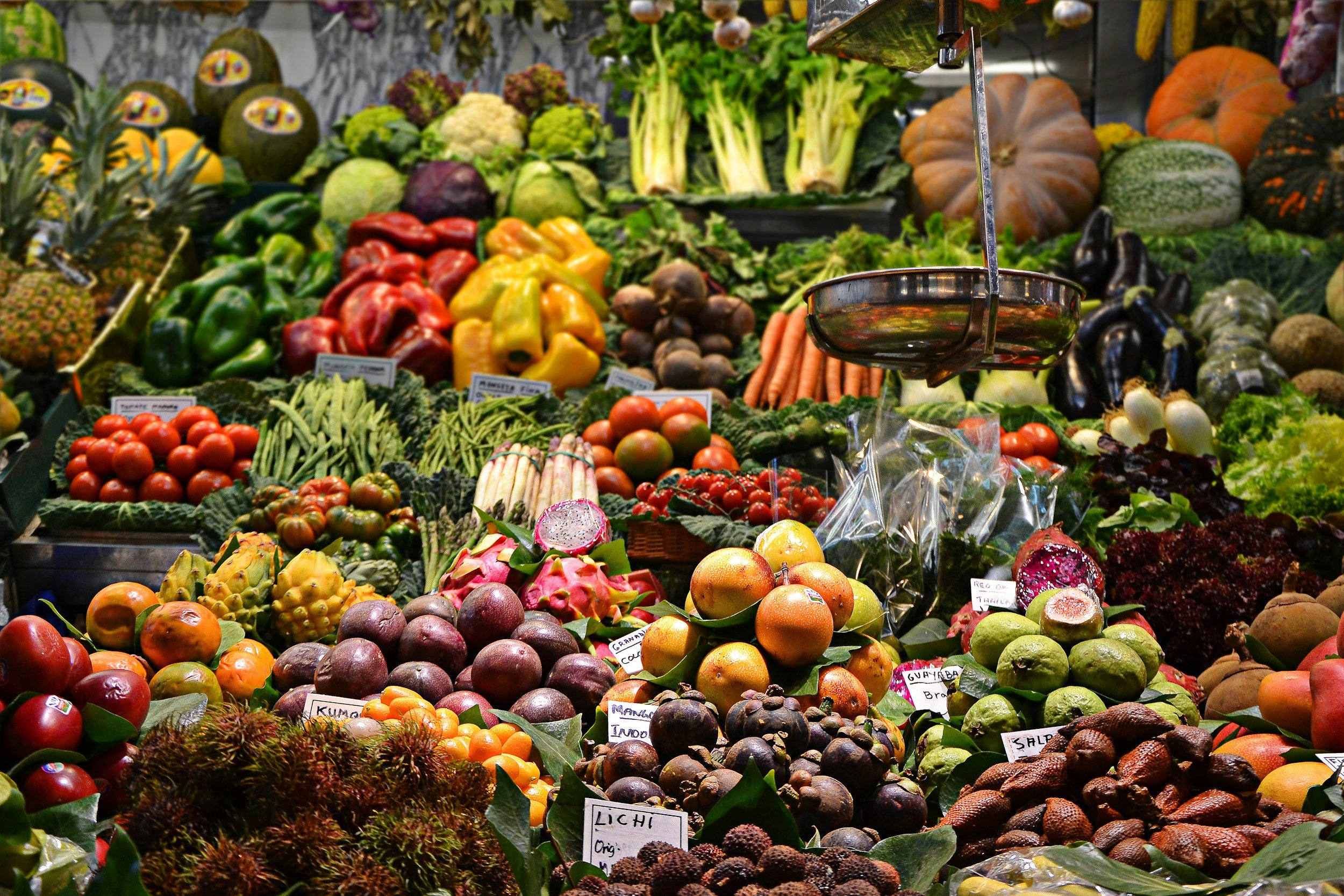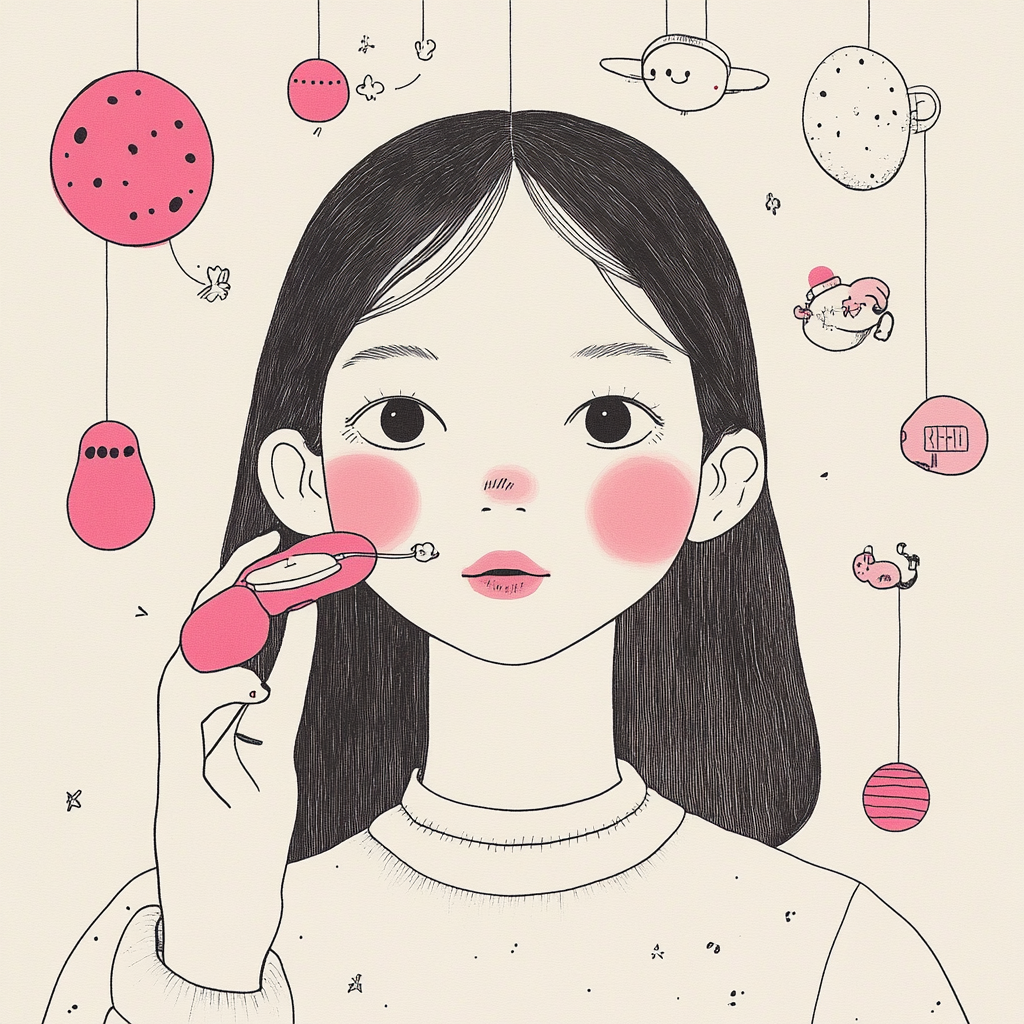
Memory on the Tongue: How Taste, Smell, and Nostalgia Can Nourish us as we age
As we age, it’s common to experience a decline in olfactory (smell) and gustatory (taste) function. Nearly one in three adults over 65 report some degree of sensory loss. This isn’t just an inconvenience—it’s a public health issue.

Taste, Smell, and the Future of Brain Health
September is World Taste & Smell Month, a time to celebrate the senses that shape how we enjoy food, connect with others, and make sense of the world around us. But taste and smell are more than just pleasures — they are vital to our health, safety, and even early warning signs of what’s happening inside our brains.

Bitter “Supertaster Gene” May Shape Your Diet — and Your Health
Why do some people find broccoli unbearably bitter while others love it? The answer may lie in a common taste gene known as TAS2R38, nicknamed the “supertaster gene.”

The Honey Lie We Can’t Stop Telling Ourselves 🐝
From the placebo-driven myth of allergy relief to the widespread issue of honey adulteration (hello, corn syrup and global laundering), this article unpacks how marketing, misinformation, and wishful thinking keep the “health halo” around honey alive.
It’s time to question sweet assumptions. Especially in wellness, food, and functional nutrition spaces—critical thinking matters more than ever.

Non Invasive Smell Aids Tested in Clinical Trial: May Offer Some Improvement to Olfactory Ability
Non-invasive smell aids may improve the ability to smell according to the results of a recent clinical trial. Researchers from Ohio State University tested a nasal plug and a nasal clip designed to improve intranasal air and odorant delivery. The results, reported in BMC Medicine, show some promise.

The Nose Knows: Why the Future of Virtual Reality Smells Different
One person’s lavender is another’s laundry trauma. Without nuance, scent can become a glitch in the matrix. Mindy share more on this.

Barcelona Perfumery Congress
WTSA co-founder, Stephanie Feuer, will be a featured speaker at the 6th edition of the Barcelona Perfumery Congress.

Individuals experiencing extended periods of smell loss after COVID-19 infection reported higher instances of depression and anxiety.
A recent study by researchers at the University of Mons in Belgium has found that prolonged loss of smell (anosmia) following COVID-19 infection is associated with increased levels of depression and anxiety. The study highlights the significant impact that persistent olfactory dysfunction can have on mental health, emphasizing the need for comprehensive care for COVID-19 survivors experiencing long-term sensory deficits.

In the mood: A Timely Webinar on Mood-Enhancing Foods & Beverages Set for June 24
From adaptogenic drinks and dopamine-boosting snacks to functional foods for hormonal balance, consumer interest in products that elevate emotional well-being is reshaping the F&B landscape.

Chemosensory Dysfunction in Cancer Care: Why Taste and Smell Deserve a Seat at the Table
A 2025 study published in the Journal of Cancer Education by Stromberg et al. makes the case clear: chemosensory dysfunction is common, disruptive, and under-addressed.

Hate cilantro or anchovies? Evolutionary science could explain why
Complex factors influence our food preferences and aversions. Evolutionary biology, genetics, personal experiences, and cultural backgrounds all come into play.

Beyond Sight and Sound: The Rise of Taste-Enabled Virtual Reality
For years, virtual reality has been a mostly visual affair—a world of hyperrealistic landscapes, immersive gaming, and metaverse meetups that promise to feel real. But taste, touch, and smell have remained elusive.

Antioxidants in fruits and flowers seem to counteract harmful effects of microplastics, study shows
Anthocyanins in nuts, fruits and vegetables seem to lessen harmful effects of microplastics on reproductive systems

How Certain Smells Unlock Our Deepest Memories
Smell has an uncanny ability to transport us through time, resurrecting moments with a clarity that other senses struggle to match. But why does this happen? And why do some scents summon entire chapters of our past while others barely leave an imprint?

New Study Finds Smell Loss A Associated with More Than 100 Medical Conditions
The extensive range of conditions correlated to smell loss suggests a deeper, more fundamental connection between our sense of smell and overall health.

Looking for a Better Life?
A recent article in The Guardian, “The Big Idea: Looking for a Better Life? Follow Your Nose,” delves into the profound role our sense of smell plays in shaping our emotions, memories, and overall well-being. Despite being one of our most powerful senses, olfaction is often overlooked in daily life. The piece highlights how certain scents can evoke vivid memories, alter mood, and even impact decision-making.

How Cancer Treatments Affect Taste and Quality of Life
February 4th marks World Cancer Day, a time to reflect on the progress made in cancer treatments and the lives saved through medical advancements. Breakthroughs in oncology have transformed cancer from a once-terminal diagnosis into a manageable disease for many, with improved survival rates and innovative therapies. However, alongside these successes, the long-term effects of treatment on patients’ quality of life remain a critical yet often overlooked issue.




